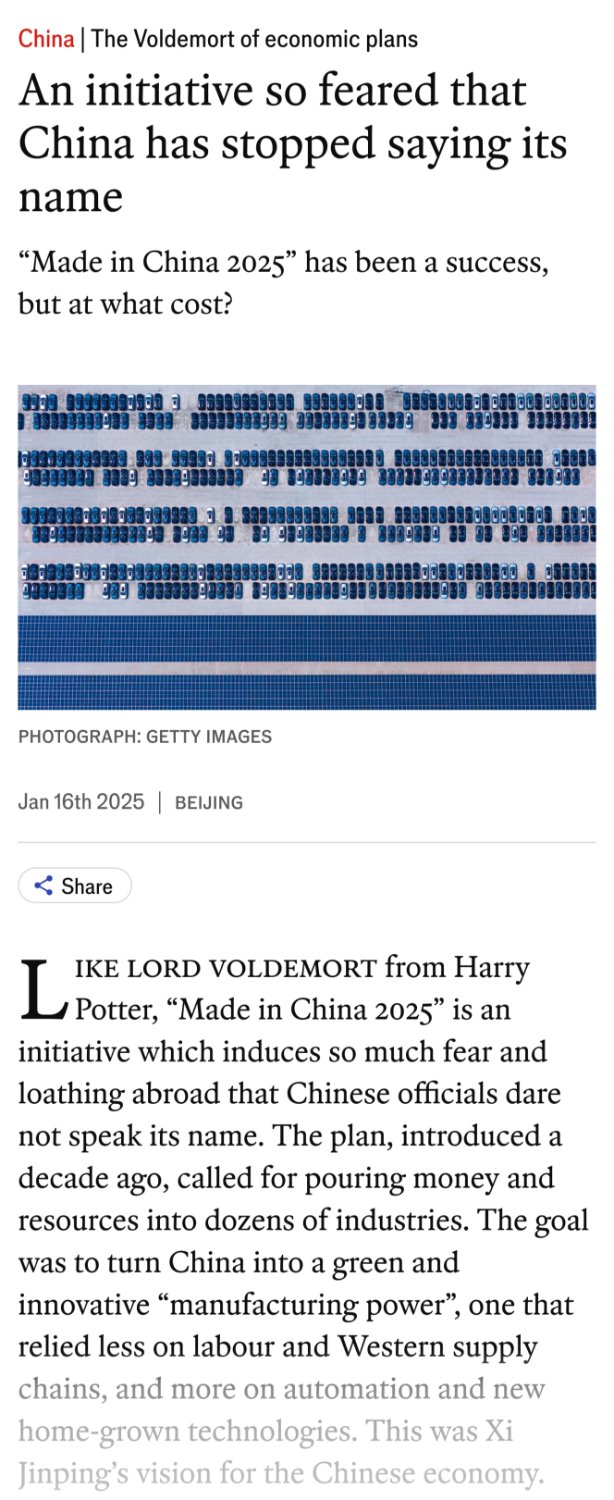this post was submitted on 18 Jan 2025
132 points (99.3% liked)
chapotraphouse
13982 readers
961 users here now
Banned? DM Wmill to appeal.
No anti-nautilism posts. See: Eco-fascism Primer
Slop posts go in c/slop. Don't post low-hanging fruit here.
founded 4 years ago
MODERATORS
you are viewing a single comment's thread
view the rest of the comments
view the rest of the comments


Speaking out of how old it is (birthed in the mid 19th century), would it surprise you to know
I'm not surprised, but that's certainly new trivia for me. Absolutely deplorable, morally bankrupt, thoroughly liberal in all the inhumane ways imaginable.